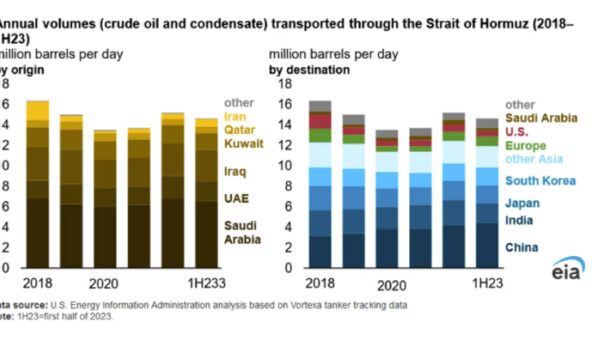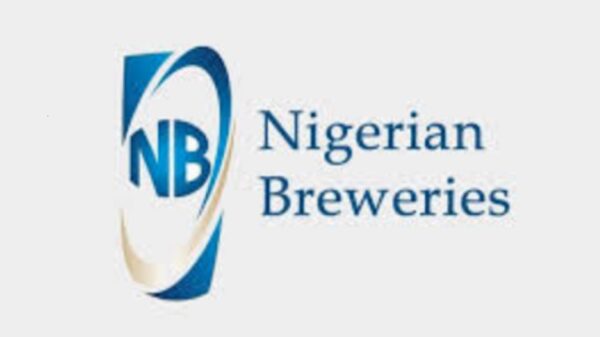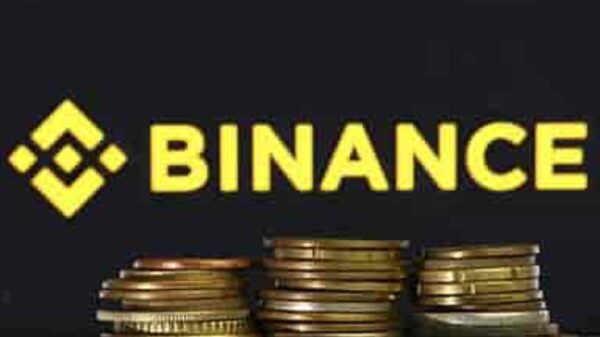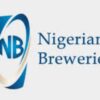Unraveling the Challenges of GDP and Unveiling the Power of PMI
In the world of economics, Gross Domestic Product (GDP) has long been considered the go-to measure for assessing a country’s economic health. However, a closer look reveals several challenges associated with relying solely on GDP.
This article aims to demystify the complexities surrounding GDP and introduce a powerful alternative: the Purchasing Managers’ Index (PMI) surveys.
Understanding GDP
GDP, often hailed as the primary barometer of economic well-being, measures the total value of goods and services produced in a country. Despite its widespread use, GDP comes with its fair share of limitations, casting shadows on its reliability for decision-making.
- Methodological Variations: Different countries employ varying methodologies to calculate GDP, whether focusing on output, expenditure, or income. This diversity can lead to misleading international comparisons, akin to comparing apples and oranges. The Federal Reserve Bank of St. Louis even suggests considering both output and income measures for a more comprehensive understanding.
- Estimation Errors: The time lag in GDP data publication introduces the need for estimations, especially in areas like consumer spending. Small sample sizes in surveys can result in imprecise data, impacting the overall accuracy of GDP figures. Additionally, the reliance on proxies and annual data further compounds the risk of substantial errors.
- Revisions: GDP figures undergo multiple revisions, challenging the notion of a “final” estimate. These revisions, influenced by evolving economic structures and additional information, often reshape historical trends. Policymakers and investors are cautioned against relying too heavily on initial GDP releases, given the substantial changes observed in later revisions.
- One-off Factors: Events such as Olympic ticket sales, public holidays, and unique export situations can distort GDP data, making it challenging to discern the underlying economic growth trend.
The PMI Advantage
In light of GDP’s limitations, the PMI emerges as a robust alternative for gauging economic performance. S&P Global’s PMI surveys, compiled from companies worldwide, offer several advantages over GDP:
- Monthly Production: PMI data is available on a monthly basis, providing a more timely reflection of economic conditions compared to quarterly GDP figures.
- Rapid Publication: PMI data is released promptly, often at the start of each month, allowing for quicker insights into changing economic conditions.
- Non-revised Data: Unlike GDP, PMI data remains unchanged after initial publication, instilling confidence in its reliability for analysts and policymakers.
- International Consistency: PMI surveys follow identical methodologies globally, facilitating easy cross-country comparisons and global or regional aggregations.
- Diffusion Index: The PMI’s diffusion index prevents individual factors from overshadowing the overall economic signal, ensuring a more accurate representation of economic conditions.
Correlation with GDP
Research demonstrates a strong correlation between PMI and GDP, with the Eurozone PMI exhibiting a 78% correlation with quarterly changes in GDP. The simplicity of a regression model using PMI as an explanatory variable further reinforces its value in predicting and tracking GDP.
Conclusion
While GDP remains a widely accepted economic indicator, acknowledging its limitations is crucial for making informed decisions. The PMI, with its monthly, non-revised, and internationally consistent data, emerges as a potent tool for improving the precision of early GDP estimates. As we navigate the economic waters, it’s time to embrace the power of PMI surveys and unlock a more insightful understanding of economic performance.
























































You must be logged in to post a comment Login